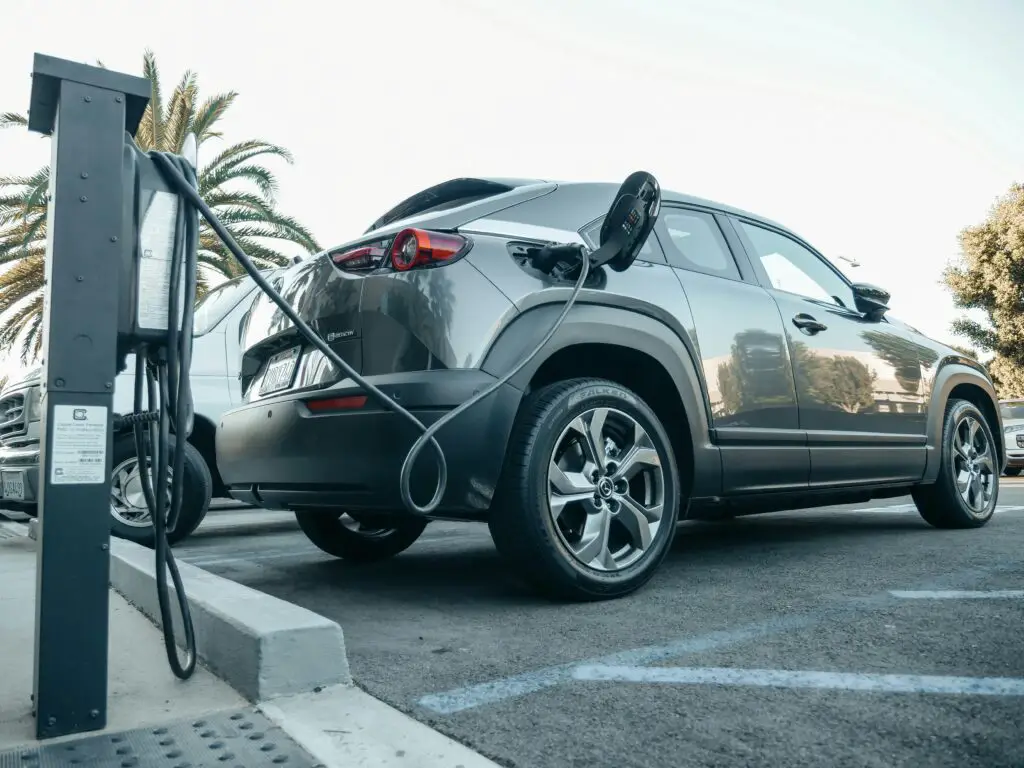Electric vehicles (EVs) are undeniably the future, yet one question looms large: why are electric cars so expensive compared to their gasoline counterparts? EV prices remain higher on average, leaving many prospective buyers wondering if the premium is worth it.
But behind the sticker shock lies a network of advanced technology, high production costs, and factors unique to EVs that make them a costly investment today. Let’s dive into the real reasons electric cars come with that hefty price tag.
1. Battery Costs Drive the Price Tag
The biggest factor behind the cost of an electric car is, hands down, the battery. Unlike internal combustion engine (ICE) vehicles, which rely on gas tanks and fossil fuels, EVs are powered by rechargeable lithium-ion batteries, similar to the ones in your phone—just a lot bigger and much more powerful. These batteries:
- Account for 30-40% of the total vehicle cost
- Are made from expensive materials like lithium, cobalt, and nickel, which are essential for energy storage
On average, an EV battery pack alone can cost anywhere from $7,000 to $20,000 depending on capacity. While battery prices are gradually dropping, the technology and resources required to manufacture high-quality batteries at scale are still significant investments. Moreover, larger batteries needed for extended ranges make costs even higher.
2. Limited Production and Scaling Challenges
Unlike traditional car manufacturing, EV production is still in its relative infancy. Automakers are heavily investing in R&D to improve EV technology, but they have yet to scale production to the same levels as traditional car models. The result?
- Higher production costs per vehicle
- Increased development costs tied to designing and testing new EV platforms
The industry is moving towards mass production, which will reduce costs over time. For now, though, the small scale of EV production means manufacturers need to charge a premium to recoup those investments.
3. Advanced Technology Integration
Electric vehicles aren’t just swapping a gas tank for a battery—they’re integrating a suite of advanced technologies that enhance efficiency, safety, and performance. Today’s EVs boast features that are often only found in high-end gas vehicles, including:
- Sophisticated battery management systems
- Energy-efficient climate controls
- Enhanced regenerative braking systems
These advanced components require specialized engineering and assembly, adding to the production cost. Moreover, EVs typically come with the latest software and firmware updates, which adds value but also production complexity.
4. Cost of Charging Infrastructure and Support
Another hidden factor that affects EV prices is the infrastructure required to support them. Manufacturers often need to invest in charging networks or partnerships with third-party providers to ensure buyers have accessible charging options. The cost of establishing these networks—especially for brands that offer incentives like free fast charging—often trickles down to the consumer.

Tesla, for example, built its own Supercharger network to cater to its customers, an expensive venture that indirectly factors into the price of their cars. Other automakers have since entered the game, but building and maintaining these networks is a costly endeavor that manufacturers have to account for.
5. Supply Chain and Material Costs
Electric car production heavily depends on specific materials that are both costly and increasingly in demand:
- Lithium, cobalt, and nickel are essential for battery production, but these materials are limited in availability and costly to mine.
- Copper is also a key material used extensively in EV motors and wiring, which requires greater quantities than traditional cars.
Supply chain challenges further impact these costs. For instance, global shortages or disruptions in mining operations can spike the prices of these essential materials, ultimately making the final product more expensive for consumers.
6. Market Incentives and Price Positioning
While EVs are marketed as eco-friendly and cost-effective in the long run, initial prices are kept high in part because these vehicles are marketed toward premium buyers. Early adopters are generally willing to pay a premium for advanced technology and environmental benefits.
However, government incentives like tax credits and rebates do help offset some of these upfront costs. As competition intensifies and production scales up, companies will eventually adjust their pricing, but we’re not fully there yet.
The Cost Outlook: Will EVs Get Cheaper?
In the next decade, several factors could bring the cost of EVs closer to that of gasoline-powered cars. Improvements in battery technology are already underway, with companies working on solid-state batteries that promise higher energy densities and potentially lower production costs. Additionally, as more automakers switch to EV production, economies of scale should kick in, reducing the per-unit cost.
Final Thoughts
The cost of an electric vehicle reflects the significant progress in transportation technology. While EVs are expensive now, they offer a glimpse into the future of sustainable transport. As battery technologies advance and economies of scale reduce production costs, electric vehicles will become more affordable. For now, though, that price tag reflects a vehicle packed with cutting-edge technology, built for a more sustainable world.
Chinedu Chikwem holds a National Diploma in Motor Vehicle Mechatronics from the Institute of Management and Technology (IMT), Enugu, in partnership with Anambra Motor Manufacturing Co. Ltd. Passionate about the automotive industry, he specializes in simplifying complex vehicle concepts and making both traditional and electric vehicle terminology accessible. With a solid foundation in automotive engineering, Chikwem is focused on becoming a leading electric vehicle manufacturer, driving innovation and shaping the future of mobility both across Africa and globally.
Discover more from Chikwem
Subscribe to get the latest posts sent to your email.